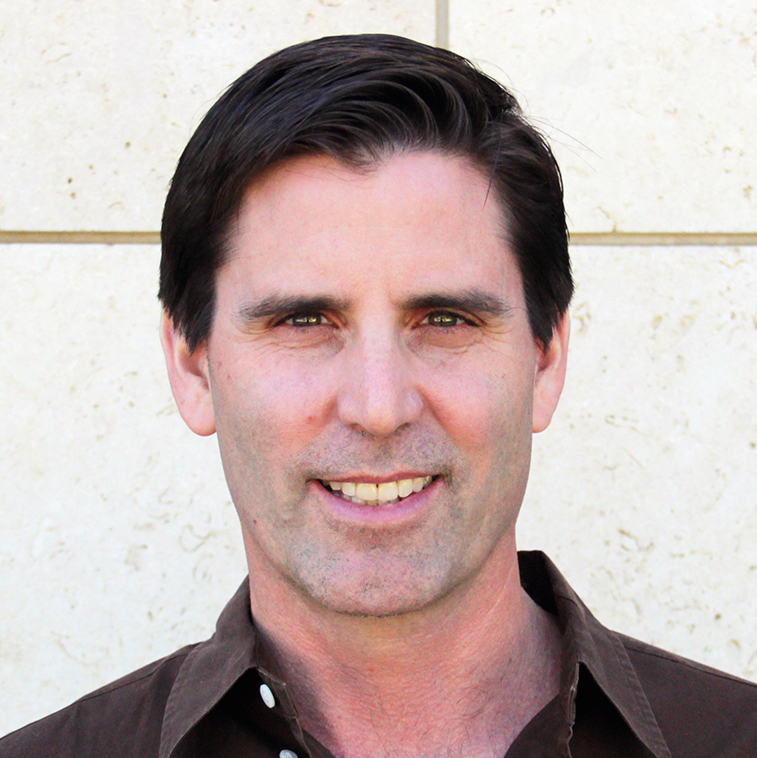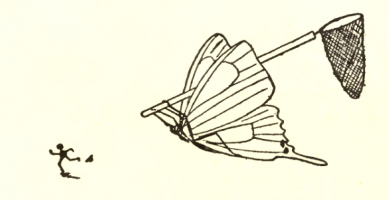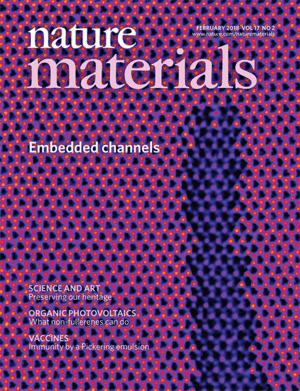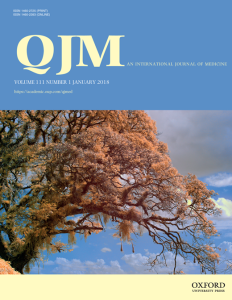 A chemistry journal has retracted a nanoparticle paper following heavy outcry from readers, who alleged the paper contained signs of obvious manipulation.
A chemistry journal has retracted a nanoparticle paper following heavy outcry from readers, who alleged the paper contained signs of obvious manipulation.
After the paper appeared in 2017, one critic lamented it contained “obviously fabricated” images, and asked the journal to retract it. Another suggested the presence of one image merited “an instant lifetime ban.”
The first comment about the paper appeared on PubPeer three months ago; earlier this month, the journal ACS Biomaterials Science & Engineering retracted the paper.
Here’s the notice:
Continue reading Chemistry journal retracts highly criticized paper





 The authors of a highly cited 2016 research letter on a way to improve the efficiency of solar panels have retracted their work following “concerns about the reproducibility.”
The authors of a highly cited 2016 research letter on a way to improve the efficiency of solar panels have retracted their work following “concerns about the reproducibility.” A medical journal has
A medical journal has  A glacier researcher has retracted a Nature paper after mistakenly underestimating glacial melt by as much as a factor of ten.
A glacier researcher has retracted a Nature paper after mistakenly underestimating glacial melt by as much as a factor of ten.